Escondites. Espacios de secreto en la era de hipervísiblidad
26 February 2026
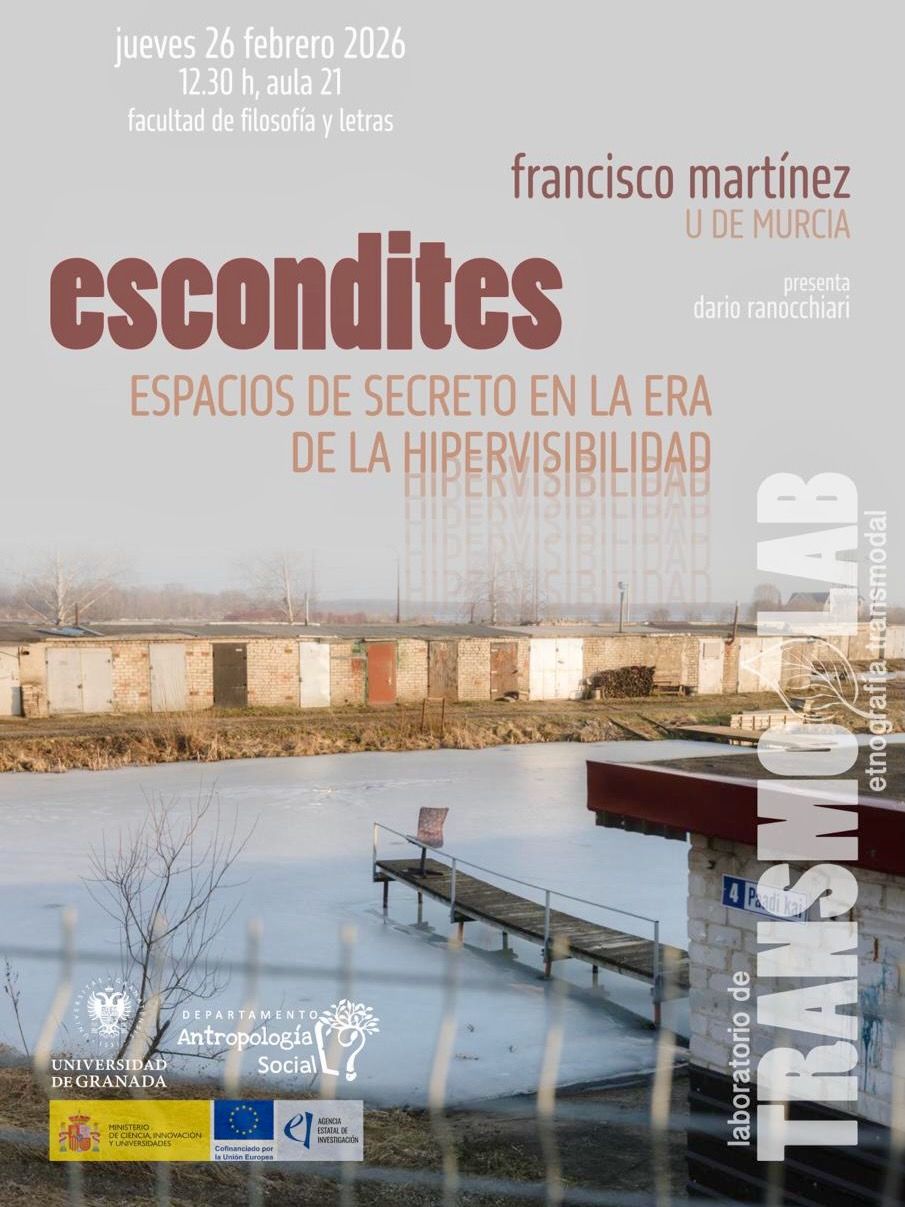
Overview
Charla en la Universidad de Granada organizado por Dario Ranocchiari
¿Por qué escondemos cosas?
En un mundo obsesionado con la visibilidad, este libro defiende la opacidad como condición vital. Los seres humanos utilizamos escondites para descubrirnos, lugares oscuros donde disfrutar de privacidad e intimidad. A través de ejemplos etnográficos en nueve países, Martínez reivindica la utilidad de los escondites, aquí descritos como una condición de posibilidad, un recurso que hace posible con la experimentación, la crítica y la preservación. Las personas necesitamos espacios-sombra donde guardar ciertas cosas en la oscuridad; lo desviado, aquello que no debe ser visible, todo lo que ocultamos detrás de las cortinas para poder tener una imagen limpia ante los demás.
Visiting Fellowship at the (Post)Authoritarian Landscapes Research Centre
23 November 2025
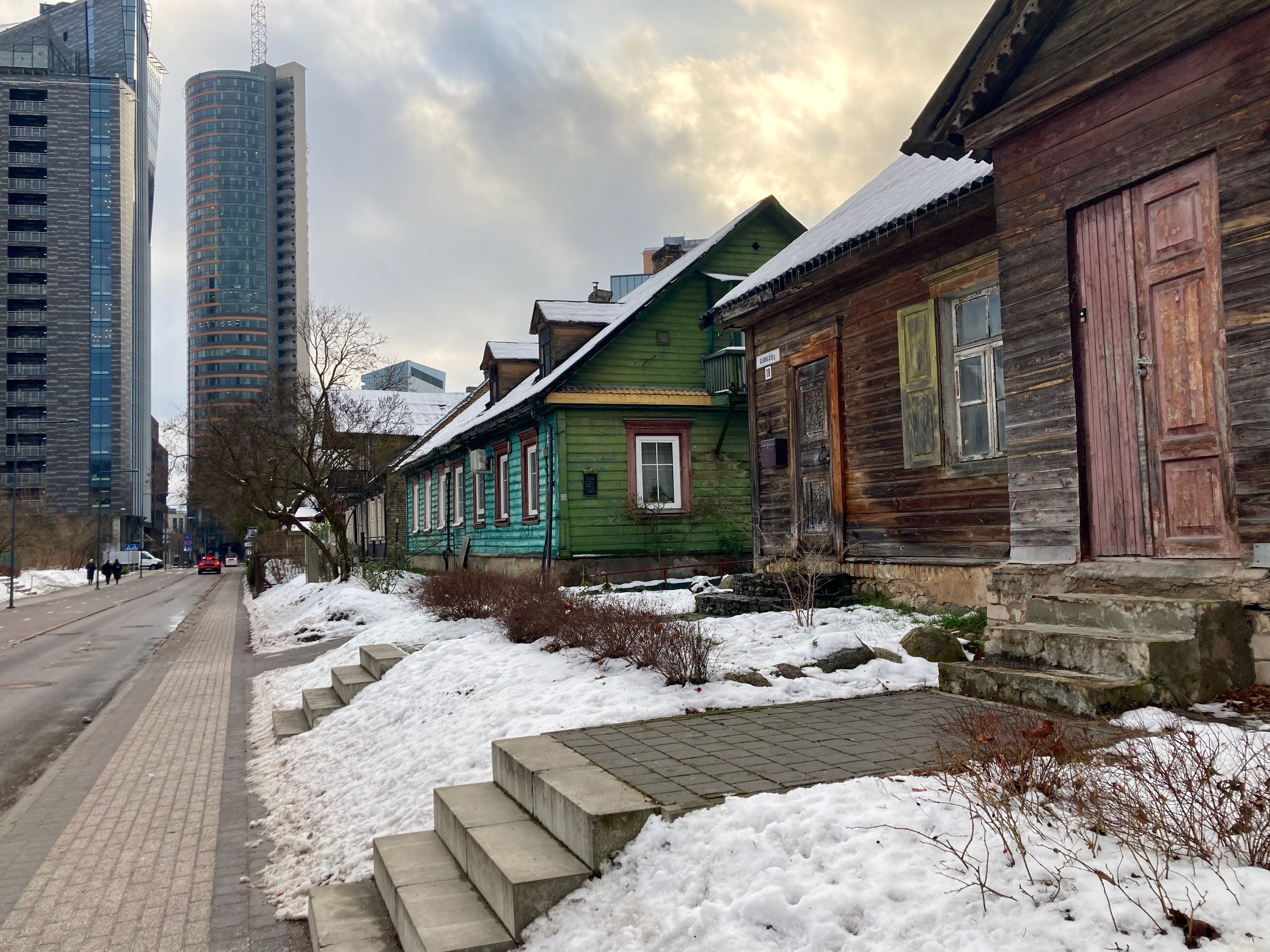
Overview
One month visiting professorship at the University of Vilnius, joining the (Post)Authoritarian Landscapes Research Centre.
During this period, I will conduct fieldwork on the materiality of crisis in Lithuania, familiarise myself with the research done by local colleagues, and take part in the conference Landscapes of Waste: Ecosocial Perspectives
EASA Anthropologies of the State network conference
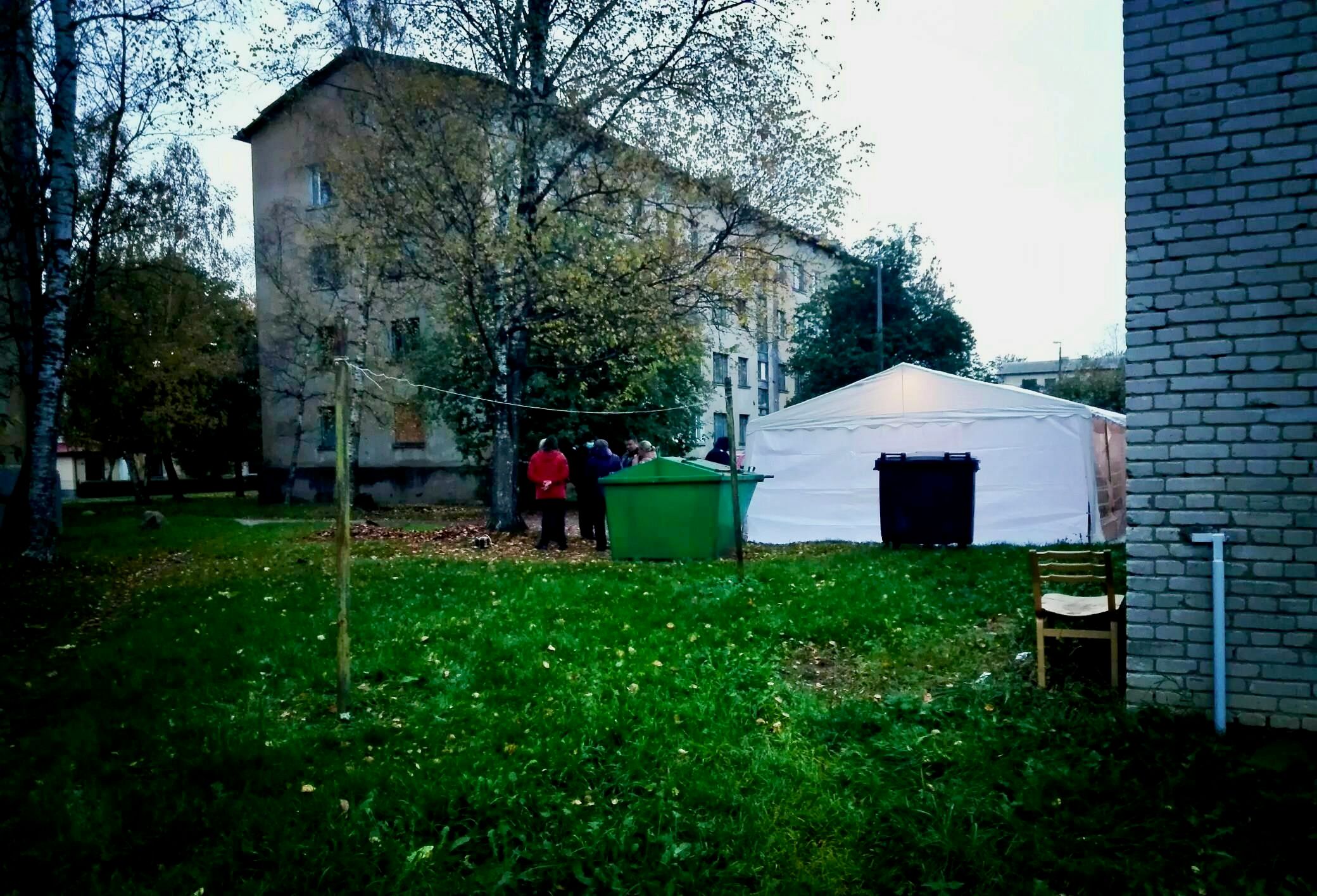
Overview
EASA Anthropologies of the State network conference
Amsterdam, 22–24 October 2025
Participation in the roundtable: "Imaginative methodologies to study the (shifting) state", with a talk on "The State in the Dark and the Ethnographically Invisible".
And presentation of the paper "Making Room for the Future? State Legibility through the Demolition of Soviet Housing in Kohtla-Järve, Estonia", within the panel The state and the city.
4th Colleex workshop, 16-19 Oct. Humboldt-Universität zu Berlin
7 October 2025
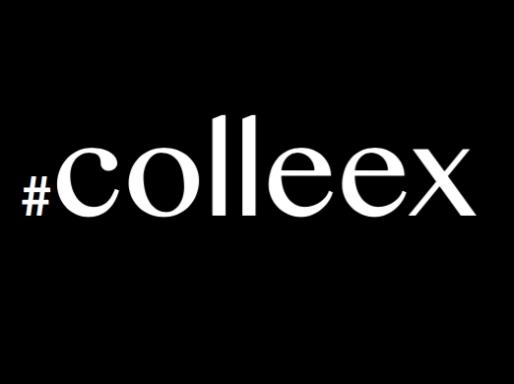
Overview
Styles of Experimentation. Unsettling the Anthropological Syllabus
The 4th #Colleex workshop at Humboldt University of Berlin, participating in the discussions on experimental ethnography and presenting the paper 'Letting Things Happen: Unsettling the Experimental through Parasitic Gifts and Archives that Rot'.
This paper proposes letting things happen as a relational design that redistributes agency to nonhuman processes and foregrounds ecological memory. Letting things happen is an ethnographic intervention that produces insights through a momentary but attentive withdrawal.
Building on three ethnographic experiments—Waste Side Story, which develops garbography to trace the industrial residues of Tallinn’s Paljassaare peninsula through asemic writing; Territory, an installation produced by burying and immersing archival documents in eastern Estonian soils and alkaline waters; and Ex Libris, a parasitic ethnography intruding a forgotten Soviet library in the atomic town of Sillamäe, this paper expands ethnographic modes of inquiry by staging situations in which matter performs research rather than being mined for meaning.
Through a series of archives that rot, the research unsettles modern epistemologies and expands collaboration beyond human interlocutors. Ethnography, as a form of learning, is based on encounters with other people, but also with non-human actors. Correspondence with both entails, in some phases of the process, not only participating but also letting things do—as a way of opening spaces in the present and making other kinds of relations possible.
Digging into stereotypes. Re-thinking mining representations and practices
18 September 2025
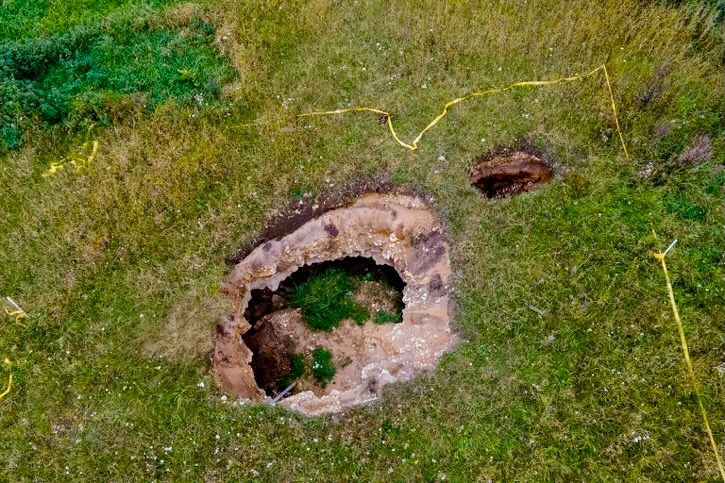
Overview
EASA Anthropology of Mining Network Workshop
Sapienza University of Rome
Presentation of the paper:
Digging Shadows, or How to Represent the Dark Side of Soviet Modernity
This chapter discusses the ecological and social consequences of mining in Eastern Estonia, a region affected by a century of extractivist activity. The irreversible destruction of the natural landscape of the region evidences the mineral, logistic, and military character of Soviet moderni
The research comprised an expanded ethnography in order to make the alienating reality of mining analytically available to the senses. I created two art installations based on the gesture of letting post-industrial waste “speak” for itself, thus blurring the boundaries between nature and culture and between matter and telling. This collaboration with the territory enacted a disobedient epistemology through more-than-human aesthetics.
As a series of decomposing objects, the ethnographic matter generated in the experiment invite us to think with ecological traces that are the witnesses of the unrepresentable – infrastructural harm, environmental pollution, stigma, collective lost, the social void and military resonances.
XVII CONGRESO INTERNACIONAL DE ANTROPOLOGÍA ASAEE
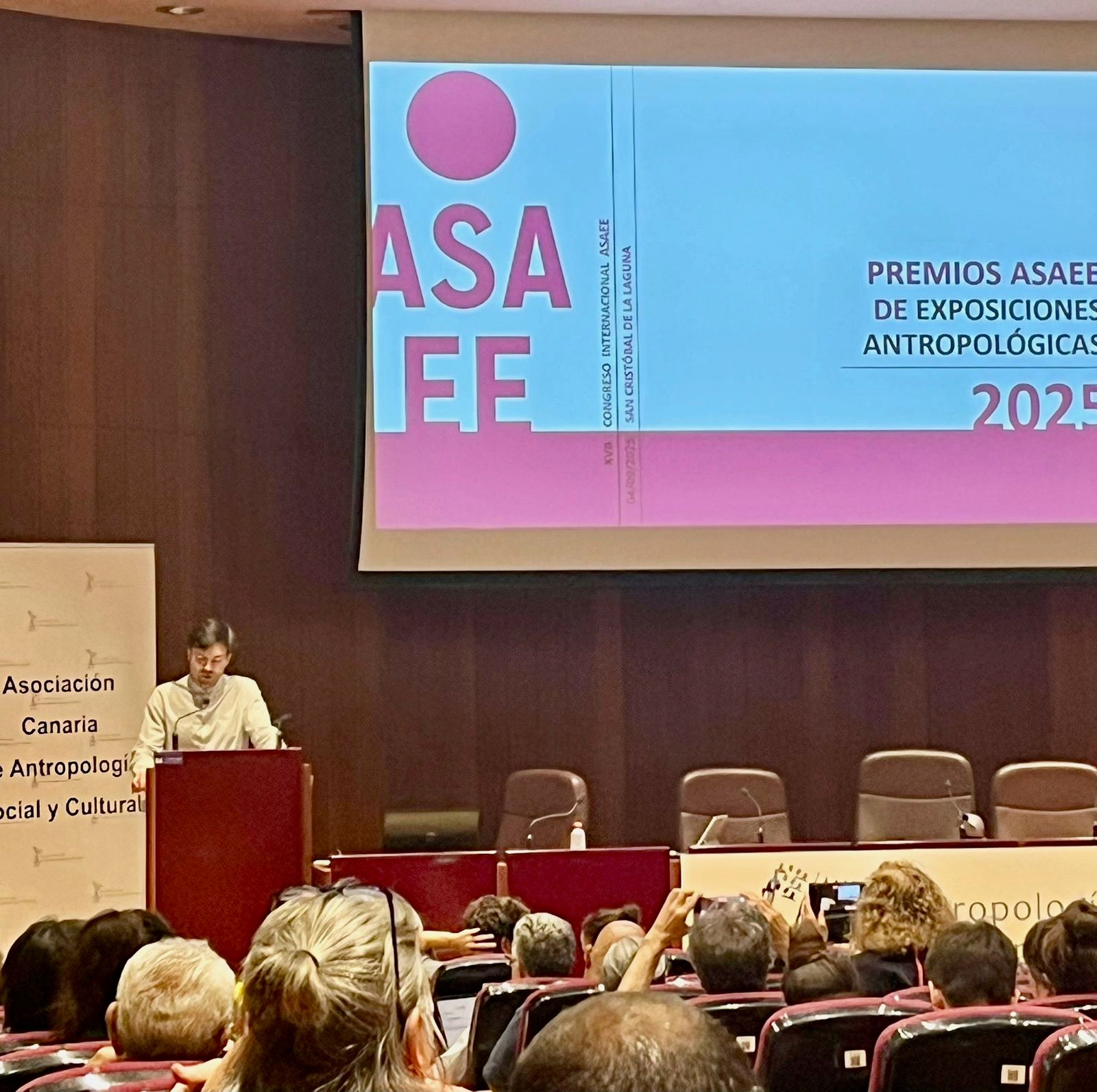
Overview
Participación en la mesa Etnografías de archivo: políticas e insurgencias más allá de la memoria, coordinada por Adolfo Estalella (CSIC) e Isaac Marrero (Universitat de Barcelona).
Presentación de Dejar Hacer. Archivos Experimentales de Herencias Imposibles
Entrega del premio de Premio ASAEE de exposiciones.
50th Anniversary of Finnish Anthropological Association
15 June 2025
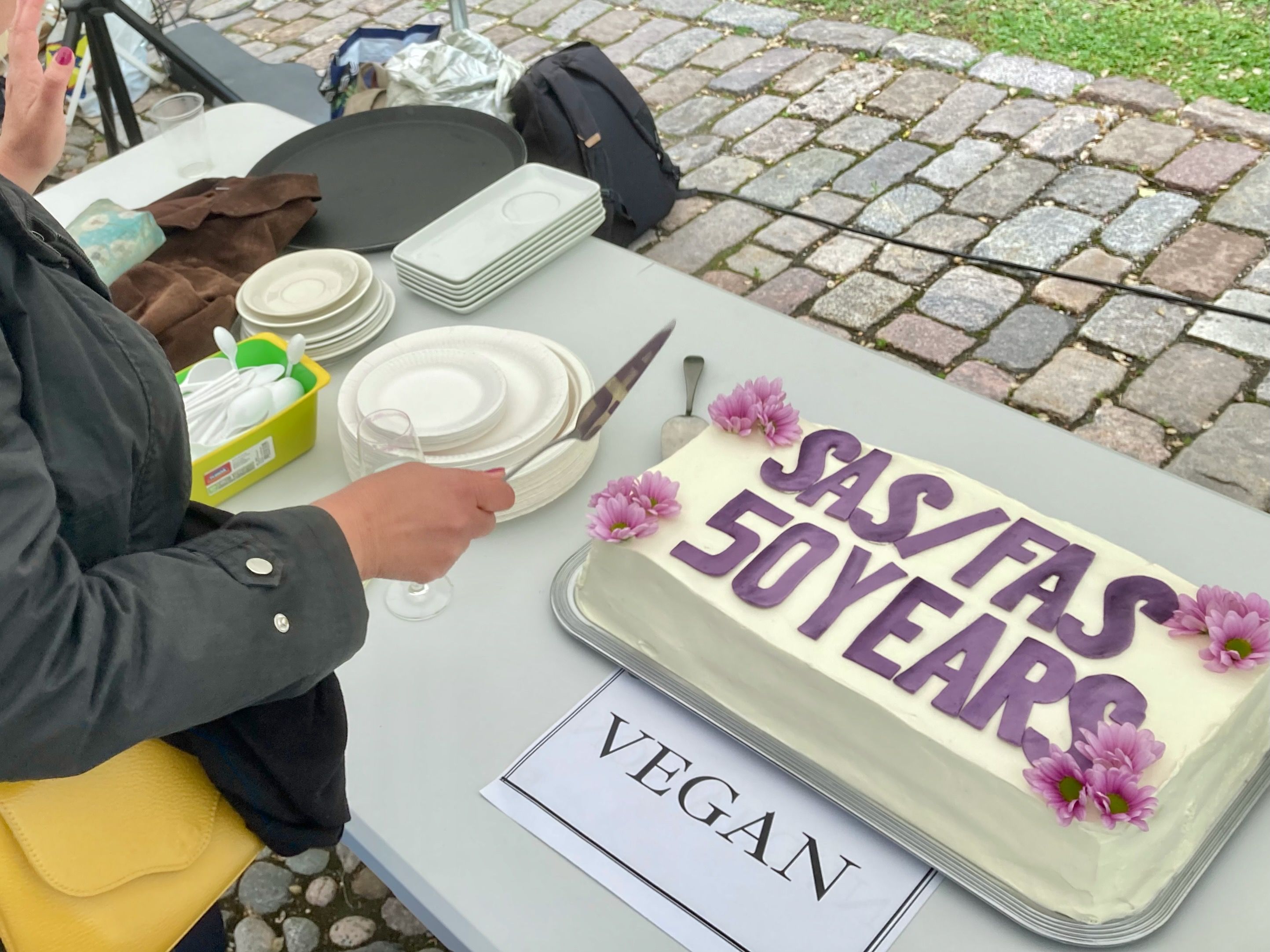
Overview
Participation in the 50 th Anniversary of the Finnish Anthropological Society in Helsinki, 16- 18 June 2025, presenting the paper “The Problem is Bigger than the Hole: Dark Externalities of Mining in Estonia” for the panel Mobilizing Repair and Hope in the making of Green Futures.
Tartu Conference of East European Studies
10 June 2025
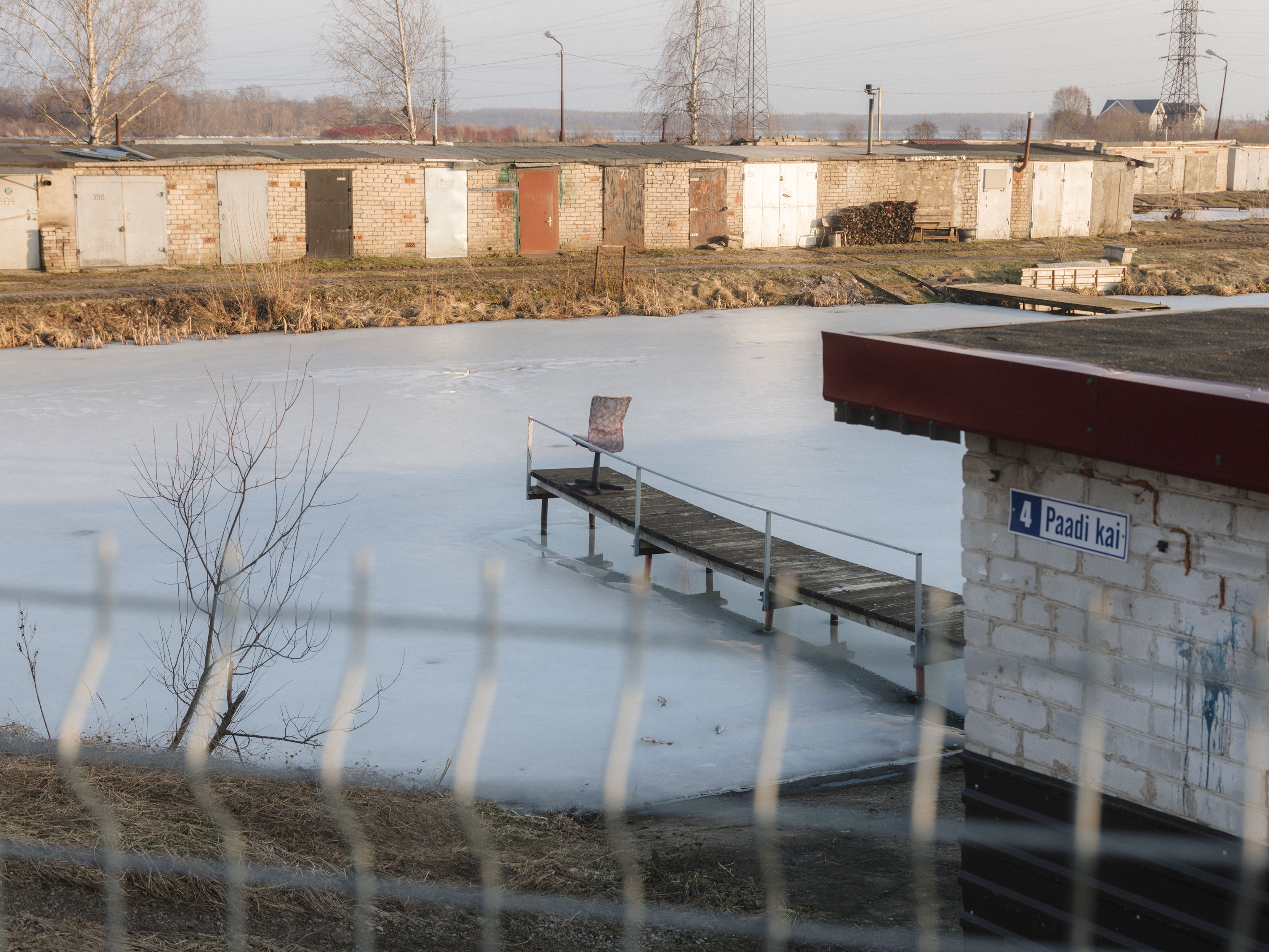
Overview
Participation in the Ninth Annual Tartu Conference on East European and Eurasian Studies held at the University of Tartu, 11-13 June 2025, presenting the paper “A Garage with a View. Topographies of Hiding in Eastern Estonia” for the panel “Post-Soviet Material Culture: How Built Environments Shape Communities”.
Madrid Tour
15 May 2025
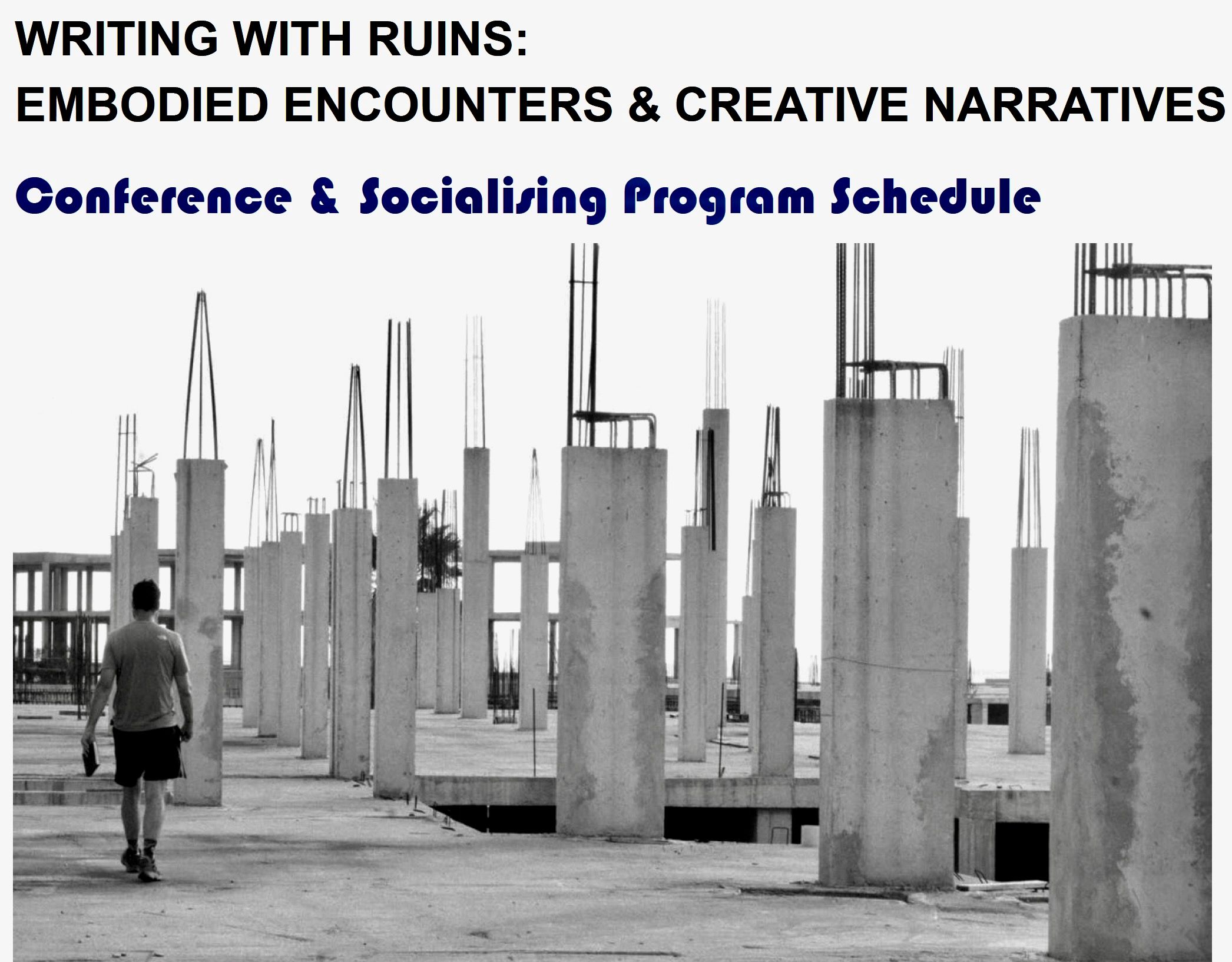
Overview
Digging Shadows: The Ecological Memory of Soviet Modernity
Dates: 21-23 May 2025, Writing with ruins: embodied encounters & creative narratives
Organisers: Pablo Arboleda and Isabel Gutiérrez Sánchez
Department of Anthropology / Spanish National Research Council (CSIC)
Venue: Matadero Centre for Contemporary Creation
Guardar cosas en la oscuridad. Los sótanos como máquinas sociales
Lunes 19 a las 12:30
Sala María Moliner 1F
Seminario «Rastros y rostros de la violencia»
Dpto. de Antropología
Instituto Superior de Investigaciones Científicas
Arts of Opacity: A Public Panel
9 May 2025
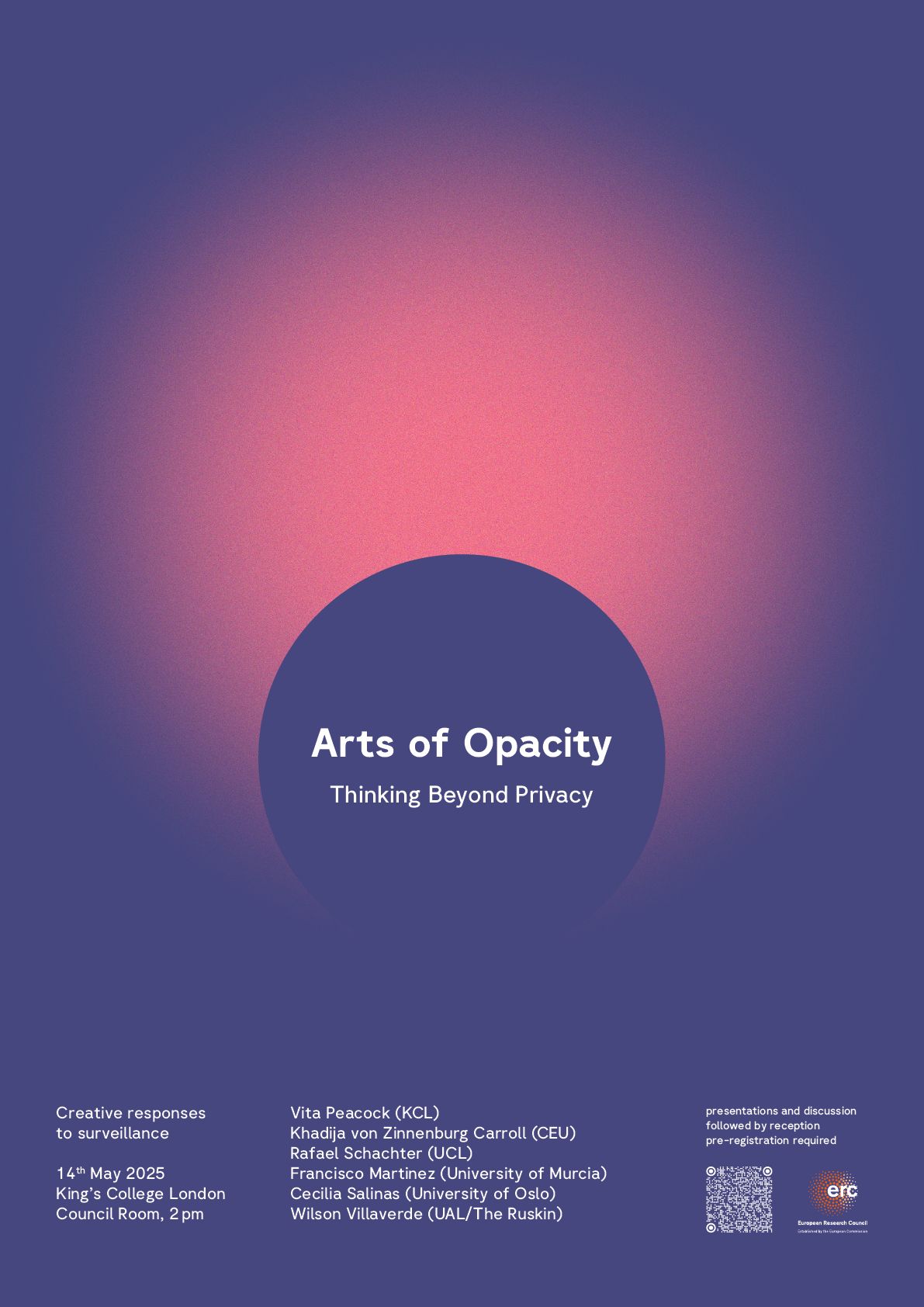
Overview
Blocking, breaking, masking, uncovering—many ways of resisting surveillance have been documented (Marx 2003). This panel brings together anthropologists and art practitioners to explore these acts, not as confrontation, but as venues for cultural creation.
The value of non-surveillance is often framed with recourse to privacy. But what about those counter-surveillance moves that make no reference to privacy, and are oriented towards different desires and ideals? Turning towards opacity—of rendering things unseeable—obviates privacy’s logics of possession, to consider the transformative space that is opened up by not seeing.
Drawing on ethnographic and artistic work, the panel assembles a variety of arts of opacity, exploring what is generated through each process. In societies increasingly saturated by digital surveillance, it invites deeper questions about the value of non-surveillance as a method of imagining alternative futures.
Chair:
Vita Peacock (King's College London)
Speakers:
Khadija von Zinnenburg Carroll (CEU)
Rafael Schachter (UCL)
Francisco Martinez (University of Murcia)
Cecilia Salinas (University of Oslo)
Stephen Wilson (Chelsea College of Art / The Ruskin)
2pm – 6pm: Panel Discussion followed by a drinks reception in the Old Committee Room
Portuguese tour
12 February 2025
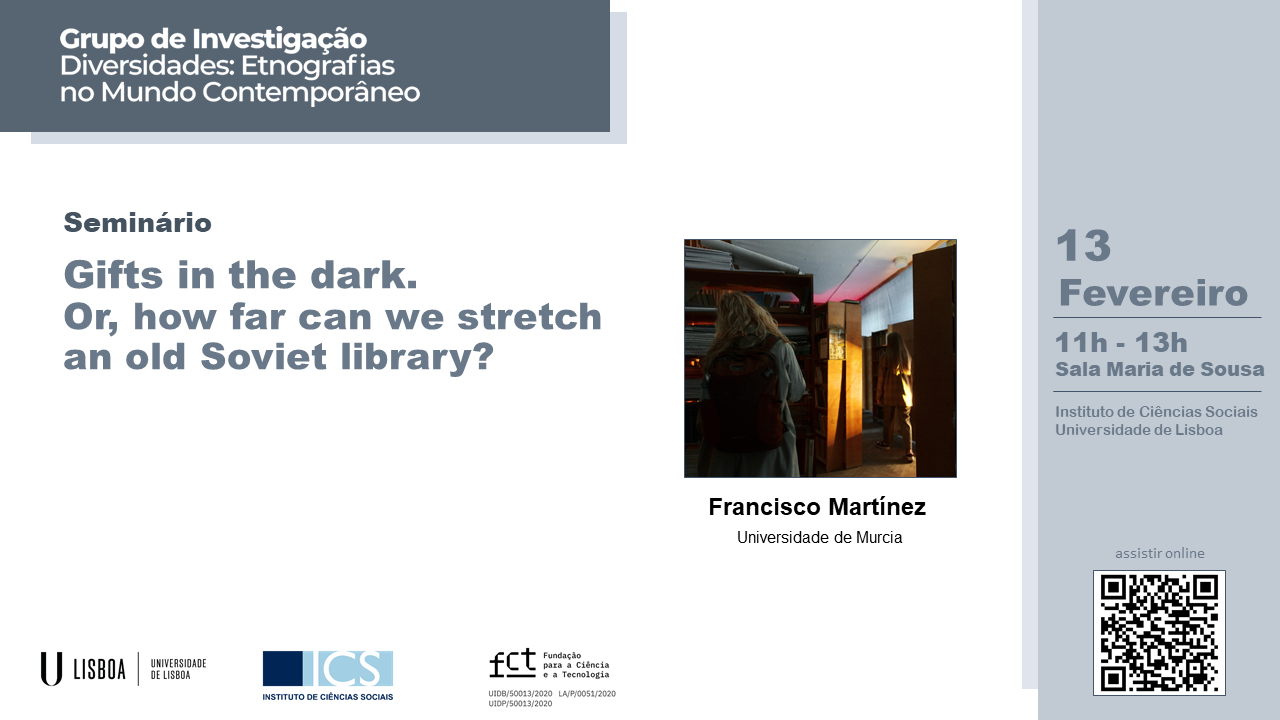
Overview
Thursday 13, Feb 2025
Lisboa, Sala Maria de Sousa, 11.00 – 13.00
ICS Seminars
Gifts in the dark. Or, how far can we stretch an old Soviet library?
Diversidades Research Group
Tuesday, 18 Feb 2025
Rua de Santa Catarina 771, Porto
1 st Expanded Ethnography workshop
Basements as Social Machines
18.45 Lecture + Live set by Batmacumba + food pairing
by Monika Bloch, taking basements as leitmotiv
CRIA, Centre for Research in Anthropology
Online Workshop: Theorising Temporalities/Theorising Futures
18 December 2024
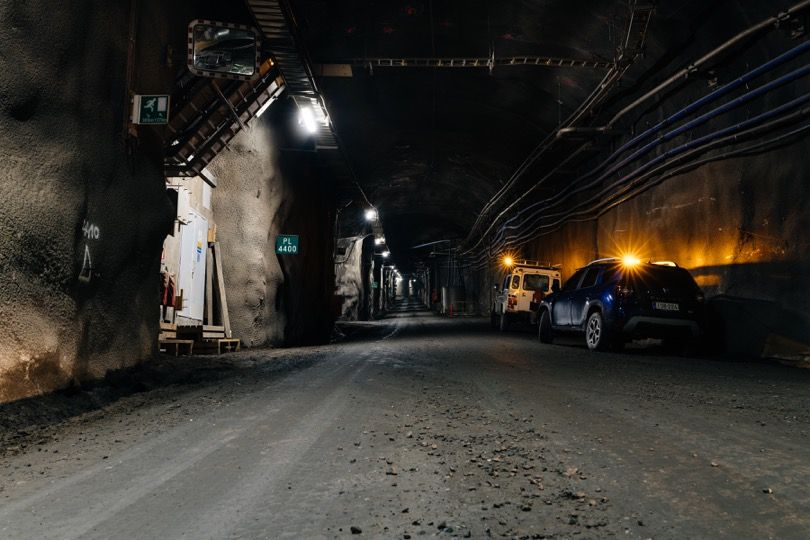
Overview
13:00 Introduction
Damián O. Martínez (University of Murcia/Viodemos)
PANEL I – URBAN FUTURES, COLONIAL TEMPORALITIES
13:15 Crafting Digital Futures: Temporalities Beyond the Rural-Urban Divide
Prince Guma (British Institute in Eastern Africa)
13:45 Temporality of failure in urban policymaking: Socioeconomic and Spatial Consequences
Cansu Civelek (University of Tübingen/University of Vienna)
14:25 Colonised Temporalities: Time and Power in Colonial Contexts
Carmen Ibañez (Free University of Berlin)
14:55 Commentary, responses, discussion (50’)
Nina Glick Schiller (University of Manchester/Max Planck Institute for Social Anthropology)
PANEL II – ENVIRONMENTAL FUTURES, WASTE TEMPORALITIES
16:05 How Final is Final? The Construction of Finality and Safety in the Onkalo Spent Nuclear Fuel Repository
Francisco Martínez (Tampere University)
16:35 From Grief to Action: Affective Futures and Collective Agency in Times of Environmental Collapse
Damián O. Martínez (University of Murcia/Viodemos)
17:20 Commentary, responses, discussion (40’)
Stephen Reyna (Max Planck Institute for Social Anthropology)
18:00 Final Discussion and publication plans
Infrastructures of (De)Occupation
21 November 2024
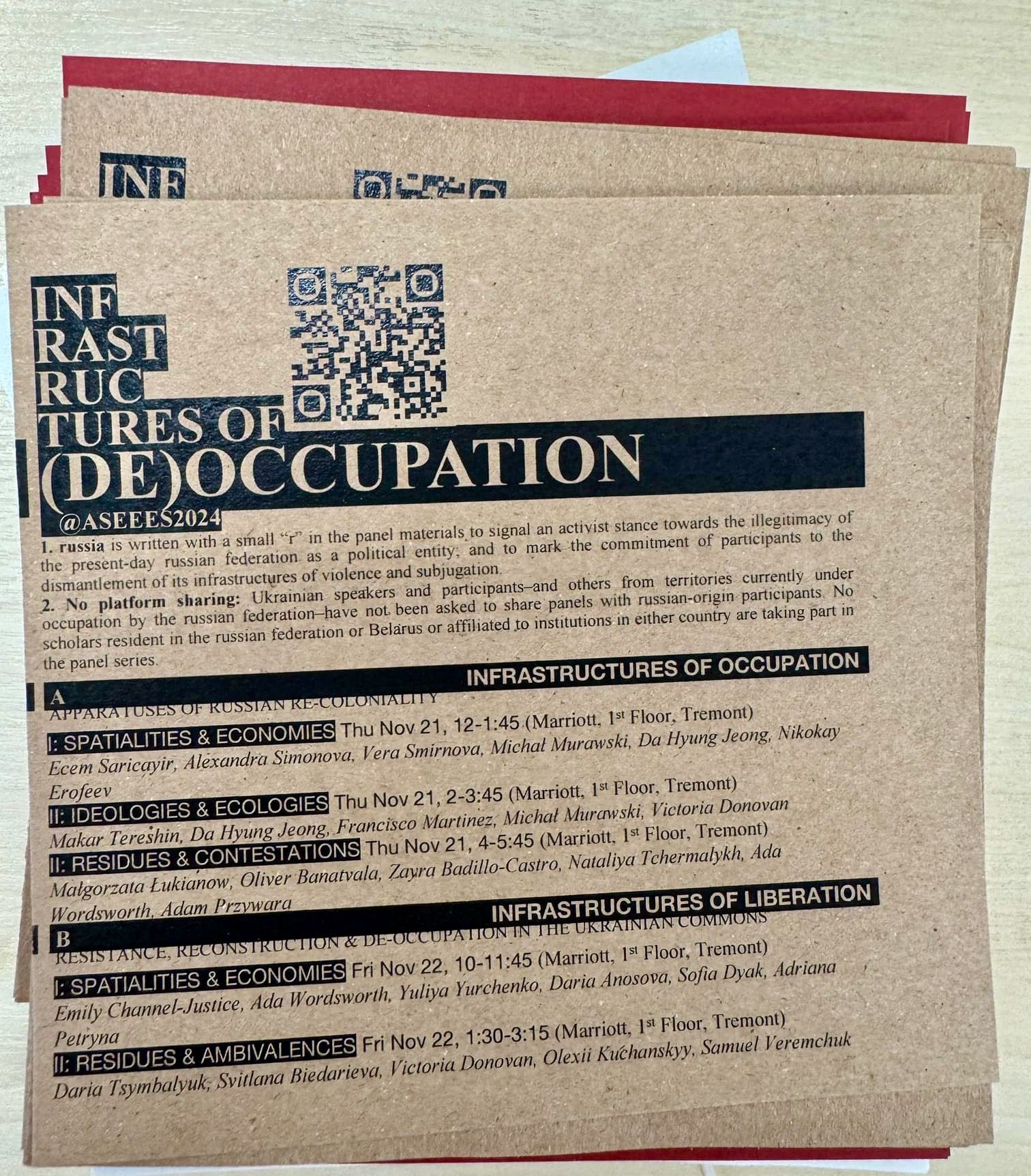
Overview
'Infrastructures of (De)Occupation', ASEEES Boston
This panel series is comprised of two parts: A) Infrastructures of Occupation; B) Infrastructures of Liberation.
Part A
Infrastructures of occupation: apparatuses of russian (re)coloniality
I: SPATIALITIES & ECONOMIES
Thu, November 21, 12:00 to 1:45pm
Ecem Saricayir, Cornell University
From migrants to settlers: A study of russian rural development at the borderlands
Aleksandra Simonova, UC Berkeley
Chersonesos: Governing the “russian world” through reconstruction and blagoustroistvo
Vera Smirnova, Kansas State University
russia’s property regimes as a spatial technology of occupation
Michał Murawski, University College London
Dark reconstruction, or russian worlding: architecture-after-urbicide in Ukraine, Chechnya and Syria
Chair: Da Hyung Jeong, Princeton University
Discussant: Nikolay Erofeev, University of Kassel
II: IDEOLOGIES & ECOLOGIES
Thu, November 21, 2:00 to 3:45pm
Makar Tereshin, University College London
Dark skies: the political ecology of the Baikonur Cosmodrome
Da Hyung Jeong, Princeton University
Langston Hughes in Chirchiq, a Model Soviet Town in Socialist Uzbekistan
Francisco Martinez, Tampere University
New Hideouts for an Old Fear. Energy and Military Infrastructures in Estonia’s Siberia
Chair: Michał Murawski, University College London
Discussant: Victoria Donovan, University of St Andrews
III: RESIDUES & CONTESTATIONS
Thu, November 21, 4:00 to 5:45pm
Malgorzata Łukianow, University of Warsaw/University of Michigan
Splendid Isolation: the (invisibility of) russian imperial heritage in Poland
Oliver Banatvala, University College London
Wartime malleability: peace and war within the everyday urban realm
Zayra Badillo-Castro, Center for Advanced Studies of Puerto Rico and the Caribbean
Soviet infrastructural legacies and ‘collapses’ in Havana and Tashkent
Natalia Tchermalykh, Université de Genève
Performative Curating: the Ukrainian Decolonial Agenda in Western Museums since 2014
Chair: Ada Wordsworth, University College London
Discussant: Adam Przywara, Universität Fribourg
Part B
Infrastructures of Liberation: resistance, reconstruction and de- occupation in the Ukrainian commons
I: SPATIALITIES & ECONOMIES
Fri, November 22, 10:00 to 11:45am
Emily Channell-Justice, Harvard University
Self-organisation as liberation
Ada Wordsworth, University College London
Accidentally decentralised reconstruction in Ukraine: the benefits and perils of the grassroots approach
Yuliya Yurchenko, Greenwich University
Transnational polycentricity and political prefiguration of Ukraine’s social resistance
Daria Anosova, University College London
The Big Flat Construction Site: Contemporary Art Practice and Organization in Ukraine Under the Full-Scale Invasion
Chair: Ada Wordsworth, University Sofia Dyak, Center for Urban History, Lviv
Discussant: Adam Przywara, Adriana Petryna, University of Pennsylvania
II: RESIDUES & AMBIVALENCES
Fri, November 22, 1:30 to 3:15pm
Darya Tsymbalyuk, University of Chicago (tsymbalyuk@uchicago.edu)
The many returns; to over-exist
Svitlana Biedarieva, Universidad Iberoamericana, Ciudad de México & Kyiv School of Economics
Ambicoloniality and the Decolonization of Ukrainian Culture
Victoria Donovan, University of St Andrews
De-occupying the archive: Art as liberatory practice
Olexii Kuchanskyy, Bauhaus University Weimar
Colonial Remnants in the Infrastructure of Archives
Chair/Discussant: Samuel Veremchuk, U. of Illinois at Urbana-Champaign
Unsettling Experimentation in Anthropology: Introducing a Network of Problems
11 November 2024
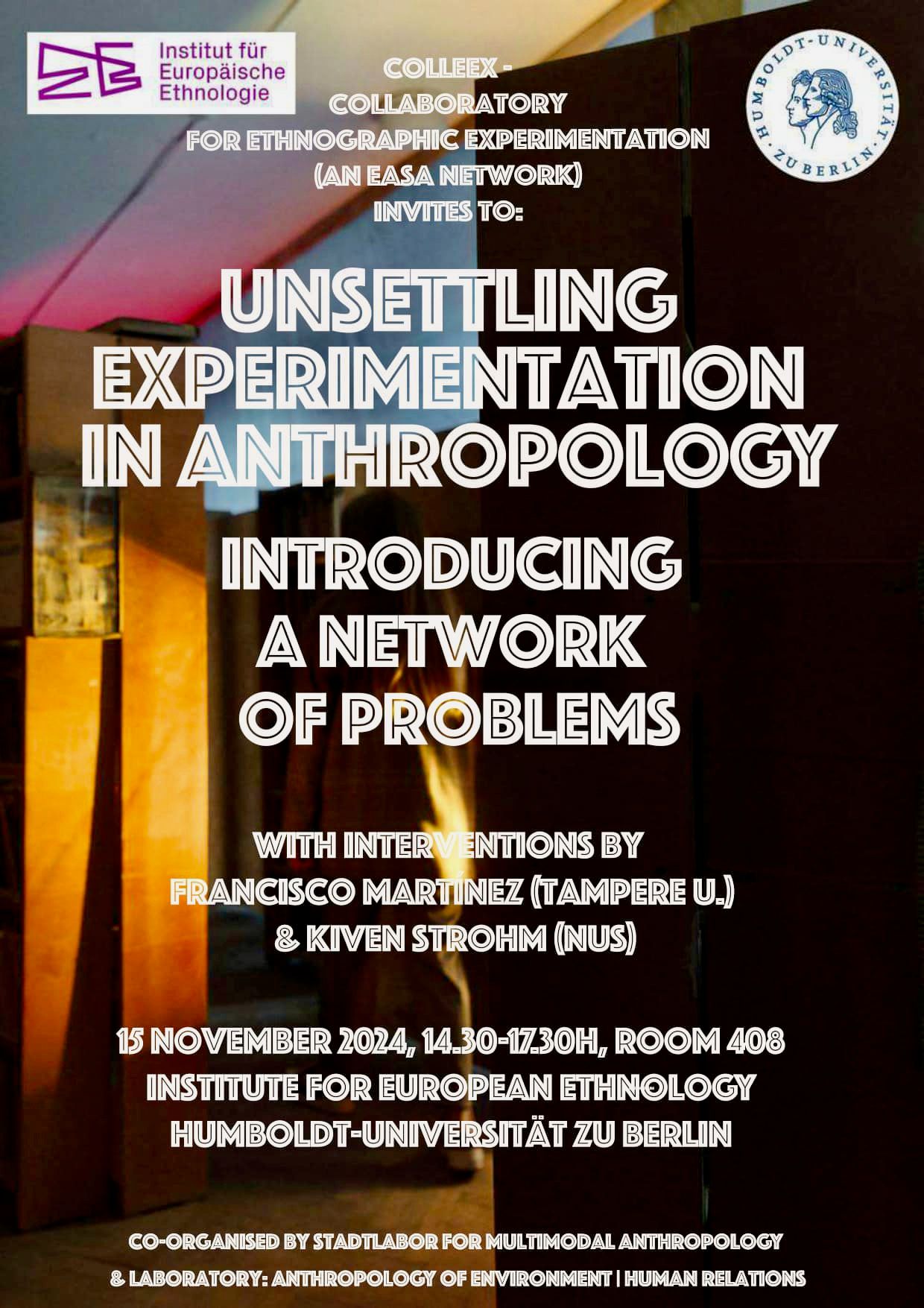
Overview
Experimentation is becoming increasingly common in anthropology. Sometimes it unsettles traditional observational practices, opens the way for radical novel forms of representation or challenges the fixation of anthropology with a restricted notion of anthropos.
In this encounter, we want to think, reflect and speculate together how experimentation can challenge common instantiations and concerns within anthropology. Although experimentation unsettles some of our disciplinary foundations, we think this reorientation is worth pursuing for it opens a relevant network of problems for our discipline.
The workshop is organised in in two parts: First, the new convening team and two invited speakers reflect upon possibilities and challenges of mobilising ‘the experimental’ in different research context. Then we shall discuss pathways for the network’s future trajectories with the general public and the host laboratories at the Institute for European Ethnology.
Convenors: Adolfo Estalella, Elisabeth Luggauer, Maka Suarez, and Jonas Tinius
Talks
Francisco Martínez, Mutual Redefinitions: Anthropology as a Practice and as a Discipline
This paper provides a new take on the possibilities – and limits – of experimental collaborations for ethnographic research and how they might lead to shifts back in the disciplinary core. By showing how exhibitions can be used for knowledge-making, it expands the notion of field and fieldwork. The series of ethnographic experiments outlined here help us rethink and, eventually, unlearn our own tools and protocols of relevance in anthropology. Unlearning, however, is not what researchers are supposed to do in the field. Too-often boundary-work removes what gives rise to wonder in order to secure what counts as valid knowledge and by whom. A more inclusive take on fieldwork could benefit practitioners and the discipline itself, as anthropologists are seeking to reach wider publics and navigate the contemporary complexities of authority and representation.
Kiven Strohm, (I want to live on an) Experimental Plane: Diffracting art and anthropology collaborations
When two practices or disciplines come together, whether formally or informally, too often one is subordinated to the other, or worse, they are asked to produce a bastard transdisciplinary child that blurs the boundaries between their different skills and modes of thought. For some years, those of us working in art/anthropology collaborations have sought to counter this tendency, proposing different approaches, such as “of/with/and” (Clarke). Working through these efforts, what I wish to share with all of you is an experiment. I want to further explore art/anthropology collaborations through two angles. First, I wish to elaborate on these collaborations by way of a diffractive “method” (Haraway, Barad) to consider the interference patterns that emerge when reading these different practices through each other. My plan is to maintain and heighten the distinct skills and modes of thought in these practices, and, in so doing, consider how this might produce new forms of inquiry that engenders creative and unexpected outcomes. Second, I want to then consider how this might inform an art/anthropology research practice as a ‘plane of experimentation’ for what art and anthropology can do, together/apart. It will be a bit of adventure, and, I hope, the opening of a new terrain.
Schedule
November 15, 2024
#Colleex Workshop
Institute for European Ethnology, Humboldt University of Berlin
14.30 - 17.30 pm
Redesigning the Social through Ethnographic Experimentation
5 October 2024
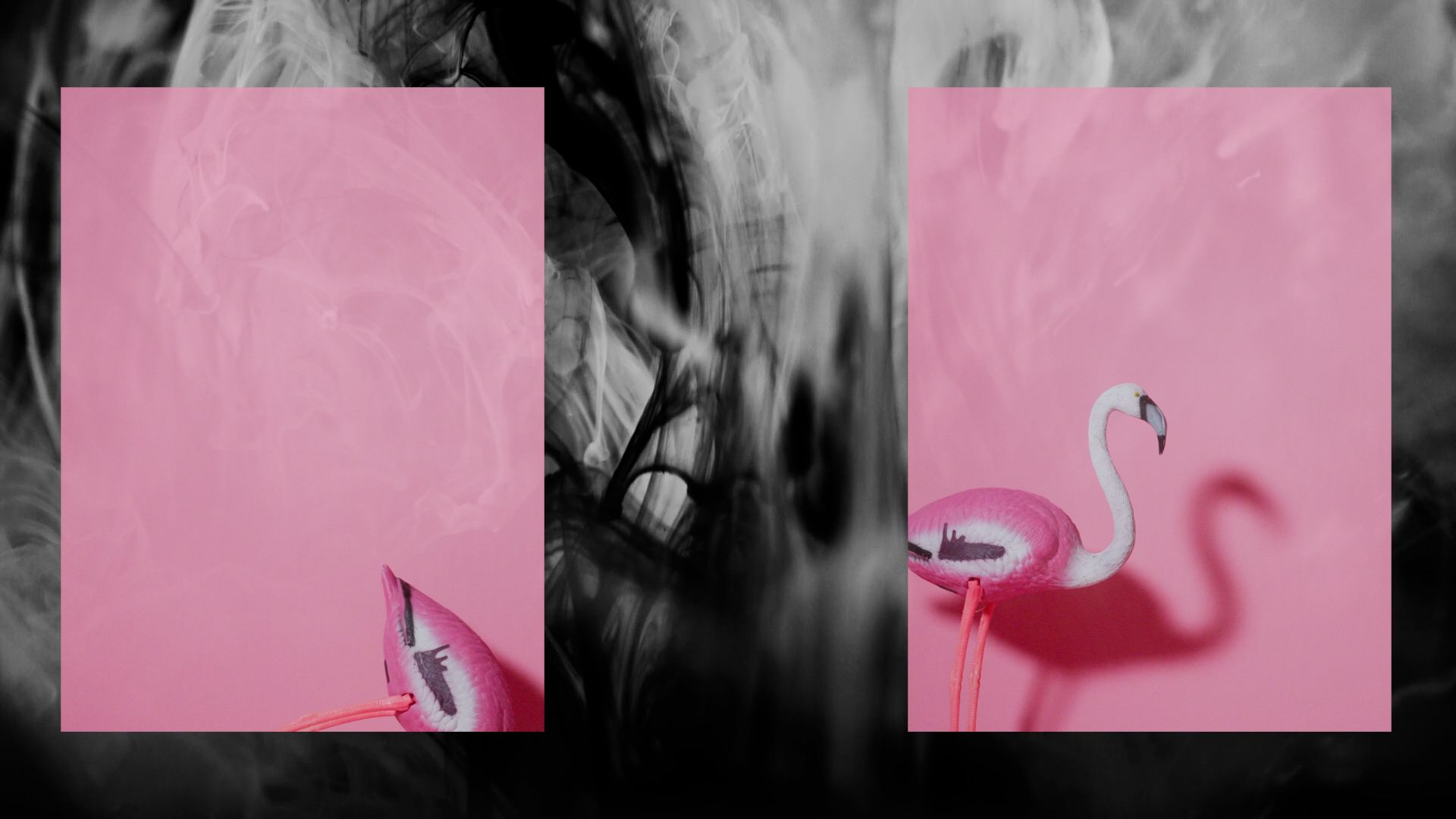
Overview
This seminar is an appeal to sketching out experimental ethnographic interventions, while aiming to work out what constitutes, both by extension and comprehension, the concept of the social. Through a series of open-format presentations, we’ll reflect on how field research can potentially enact, perform, or stage inventive ways of composing the world, expanding in turn the role of social research in the contemporary.
Schedule
November 4, 2024
Metsätalo, C505 (sali 31, 5th floor), Unioninkatu 40, University of Helsinki
Organiser: Francisco Martínez (Tampere University)
Provisory Schedule:
10.00
Patrick Laviolette (Masaryk University)
Adolfo Estalella (Spanish National Research Council)
Eeva Berglund (Aalto University, Helsinki)
Guy Julier (Aalto University, Helsinki)
12.00
Lunch
13.00
Tomás Errázuriz & Ricardo Greene (Universidad Andrés Bello & San Sebastián, Chile)
Eerika Koskinen-Koivisto (University of Jyväskylä)
Olli Pyyhtinen, Sonja Lampinen & Niina Uusitalo (Tampere University)
14.30
Aurora del Rio and Katri Naukkarinen (Aalto University)
Erich Berger (University of Oulu)
Nastasia Fomina (Aalto University)
Gregoire Rousseau (Station of commons, Lumbung Radio)
